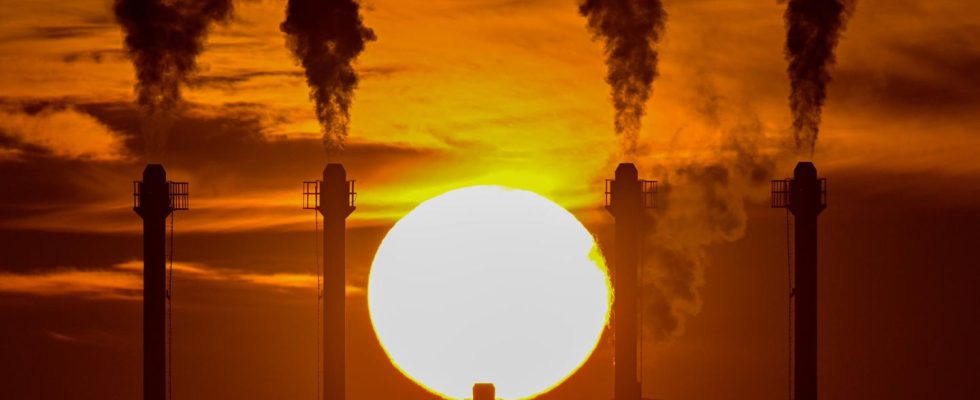For 35 years, the world has been fighting for a more effective fight against global warming at the UN climate summits. In the history of the meeting, which is taking place this time in Dubai, there has been some progress – and just as many setbacks. A review.
The German delegation is traveling to the UN climate conference “COP28” in Dubai in difficult times. Internationally, the conflicts in Ukraine and the Middle East dominate the headlines. It seems understandable that the climate crisis “often disappears from the front pages of newspapers,” said Federal Foreign Minister and chief climate diplomat Annalena Baerbock. However, home-made problems arise. The current Constitutional Court ruling is just the icing on the cake.
“Germany has long been considered a pioneer in climate protection,” says the political director of Germanwatch, Christoph Bals. However, this reputation has “suffered massively in recent years,” he warns, with a view to the reactivation of coal-fired power plants and the stalling of climate-friendly conversion in general. This makes entry into the transformation of the industry all the more important as a new signal.
German goals at COP28
At the climate conference, the federal government will nevertheless try to make progress in the fight against global warming – and prevent regression. A large contingent is traveling to Dubai for this purpose. The four main responsible ministries see themselves as “Team Germany”, all of which will be at least partially represented at ministerial level in Dubai.
In addition to Baerbock for the leading Foreign Office, there are Habeck as Minister for Economic Affairs and Climate Protection, Environment Minister Steffi Lemke and Development Minister Svenja Schulze. In addition, Chancellor Olaf Scholz will take part in the opening round of heads of state and government. The departments of agriculture and health are also involved.
UN climate conference in Dubai with big goals
In terms of content, the German negotiators, together with the EU partners in Dubai, want to push for formal determinations to at least triple the expansion of renewable energies and double the rate for increasing energy efficiency. But this must also go hand in hand with saying goodbye to fossil fuels, warns Baerbock. This task is the more difficult as many actors, including the host country United Arab Emirates and its designated conference president Sultan Ahmed al-Jaber, are closely linked to the oil and gas industry.
Several countries are pushing for loopholes for the continued use of fossils, for example in connection with carbon dioxide capture and storage (CCS). But Germany doesn’t have a clean slate here either, with its continued operation of coal-fired power plants due to the effects of the war in Ukraine and the massive expansion of the LNG infrastructure.

